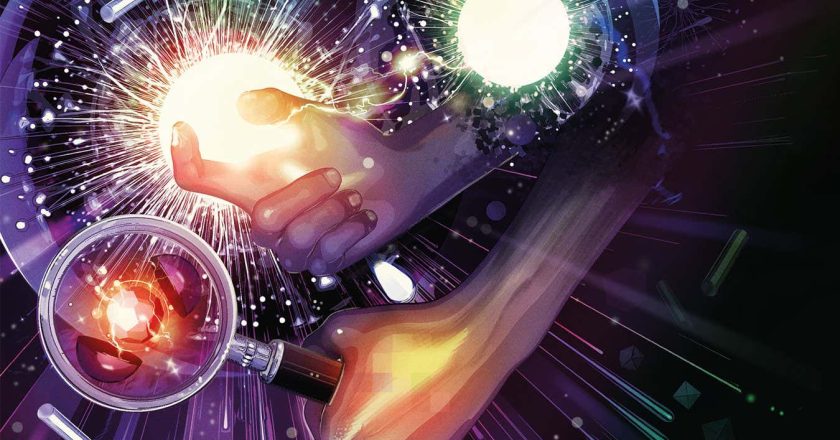We are closer than ever to finally proving the multiverse exists
Shutterstock/Dr. Norbert Lange
This story is part of our Cosmic Perspective series, in which we confront the staggering vastness of the cosmos and our place in it. Read the rest of the series here.
We think our universe contains everything that exists, has ever existed and will exist in the future. But this might not be the case: there are many ways other universes could exist.
One is that we could be a single part of a branch of infinite universes known collectively as the multiverse. These universes might have appeared shortly after the big bang, they might be hiding in extra dimensions or they could pop into existence whenever a quantum property goes from a cloud of possible states to a single reality.
Multiverse ideas gained scientific weight in the 1980s with...




